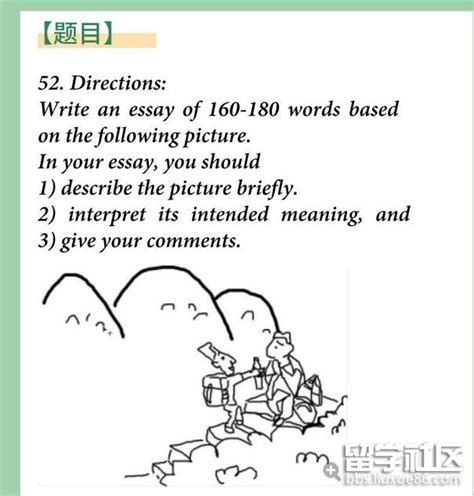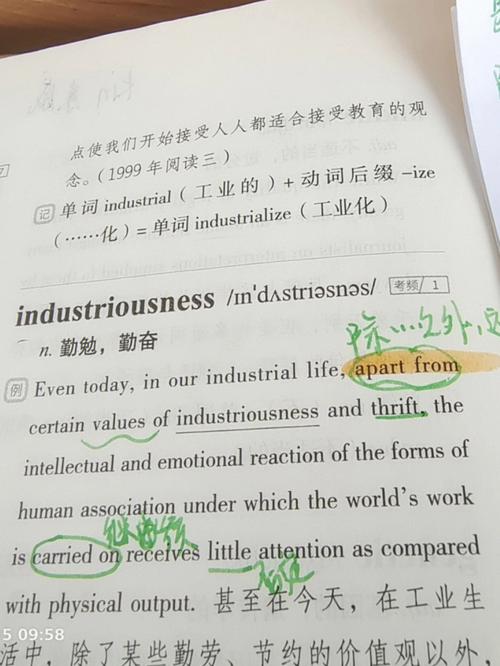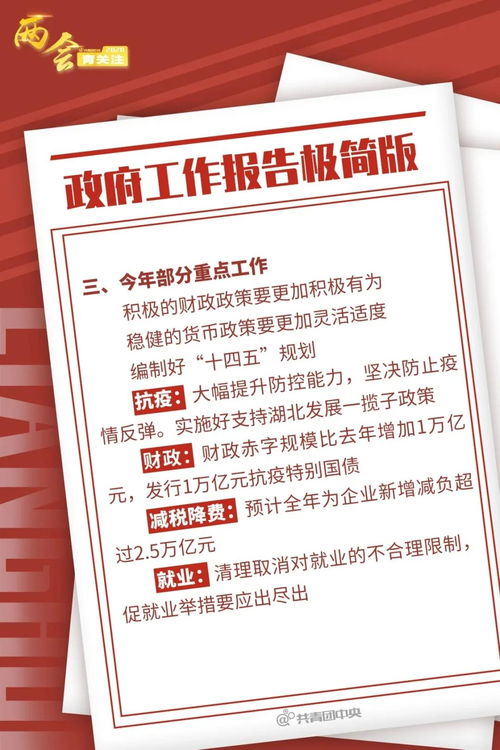考研英语作文例子
Guide to Building a Comprehensive Repository of Material for Graduate English Composition
Aspiring graduate students often seek to enrich their arsenal of English composition materials for their entrance examinations. Building a robust repository of material is essential for honing one's writing skills and mastering the nuances of the English language. Below, we delve into various categories and strategies for compiling a comprehensive collection of resources for your graduate English composition endeavors.
1. Literature Classics:
Novels:
Include renowned works of fiction from different periods and genres, such as "Pride and Prejudice" by Jane Austen, "1984" by George Orwell, or "To Kill a Mockingbird" by Harper Lee.
Poetry:
Incorporate poems by celebrated poets like William Wordsworth, Emily Dickinson, and Langston Hughes to explore different styles, themes, and literary devices. 2. Essay Collections:
Contemporary Essays:
Gather essays from contemporary writers covering a wide range of topics, styles, and perspectives. Examples include "The Best American Essays" series edited by Robert Atwan.
Historical Essays:
Include seminal essays from influential figures like Ralph Waldo Emerson, Virginia Woolf, and James Baldwin to understand the evolution of essay writing. 3. Academic Articles:
PeerReviewed Journals:
Access academic journals in various disciplines like literature, sociology, psychology, and economics to familiarize yourself with academic writing standards and research methodologies.
Literary Criticism:
Explore critical analyses of literary works to deepen your understanding of themes, characters, and narrative techniques. 4. Grammar and Style Guides:
Grammar Books:
Refer to comprehensive grammar guides such as "The Elements of Style" by William Strunk Jr. and E.B. White to enhance your grasp of grammar rules and usage.
Style Manuals:
Consult style manuals like the "Chicago Manual of Style" or the "MLA Handbook" for guidance on citation formats, writing conventions, and manuscript preparation. 5. Writing Prompts and Exercises:
Online Resources:
Utilize websites and platforms offering writing prompts and exercises tailored to improve specific aspects of writing, such as character development, plot construction, and descriptive language.
Creative Writing Workshops:
Participate in workshops or join writing groups to engage in peer feedback sessions and collaborative writing exercises. 6. Vocabulary Expansion:
Word Lists:
Curate vocabulary lists categorized by themes or frequency of use, and regularly practice incorporating new words into your writing.
Thesaurus and Dictionaries:
Make use of online thesauruses and dictionaries to explore synonyms, antonyms, and definitions, enriching your vocabulary and language precision. 7. Current Affairs and Opinion Pieces:
News Articles:
Stay updated with current events by reading reputable newspapers, magazines, and online publications. Analyze opinion pieces to understand diverse viewpoints and argumentative strategies.
Editorials and OpEds:
Study editorials and opinioneditorials to identify persuasive techniques, logical reasoning, and effective rhetoric. 8. Sample Essays and Model Answers:
Previous Exam Papers:
Analyze past exam papers to familiarize yourself with the format, structure, and types of questions commonly asked in graduate English composition exams.
Model Answers:
Review sample essays and model answers to gain insights into effective essay structures, thesis statements, and supporting arguments. 9. Literary and Writing Blogs:
Blogging Platforms:
Follow literary and writing blogs to access articles, interviews, and discussions on literature, writing techniques, and authorial insights.
Guest Posts and Writing Communities:
Engage with guest posts and writing communities to exchange ideas, receive feedback, and discover new perspectives on writing. 10. SelfReflection and Revision:
Journaling:
Maintain a writing journal to reflect on your writing process, track progress, and experiment with different styles and techniques.
Revision Exercises:
Practice revising and editing your own work, focusing on clarity, coherence, and conciseness to refine your writing skills continuously.By systematically collecting and engaging with a diverse array of materials across these categories, you can construct a comprehensive repository of resources for enhancing your graduate English composition abilities. Remember to approach your study regimen with dedication, curiosity, and a willingness to learn and adapt to new challenges and opportunities for growth.












评论